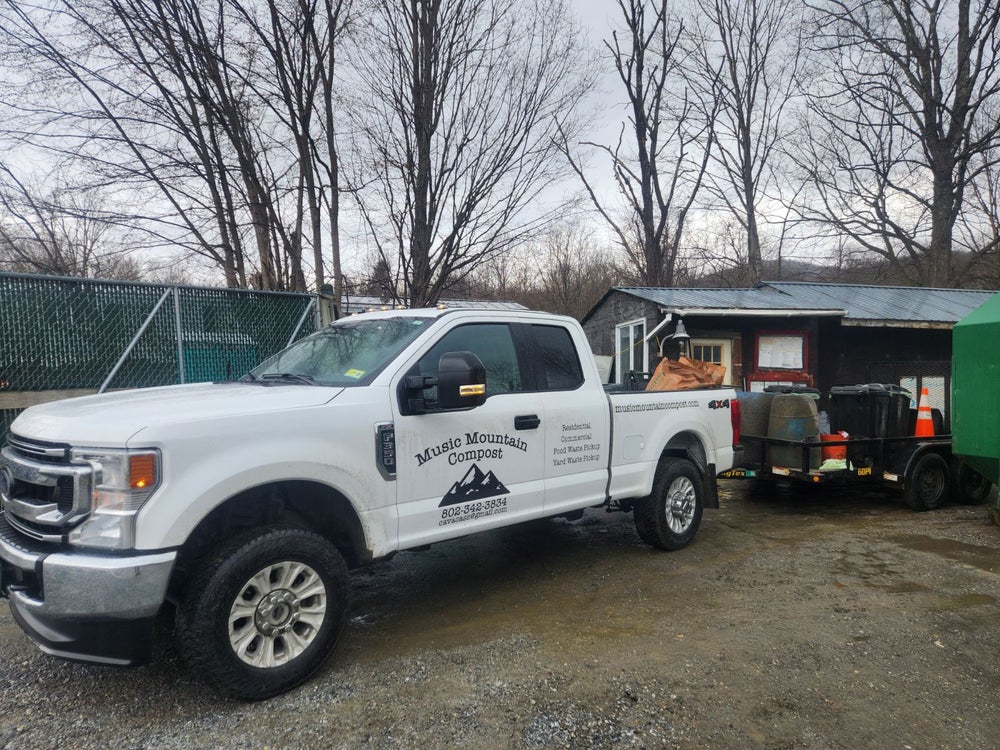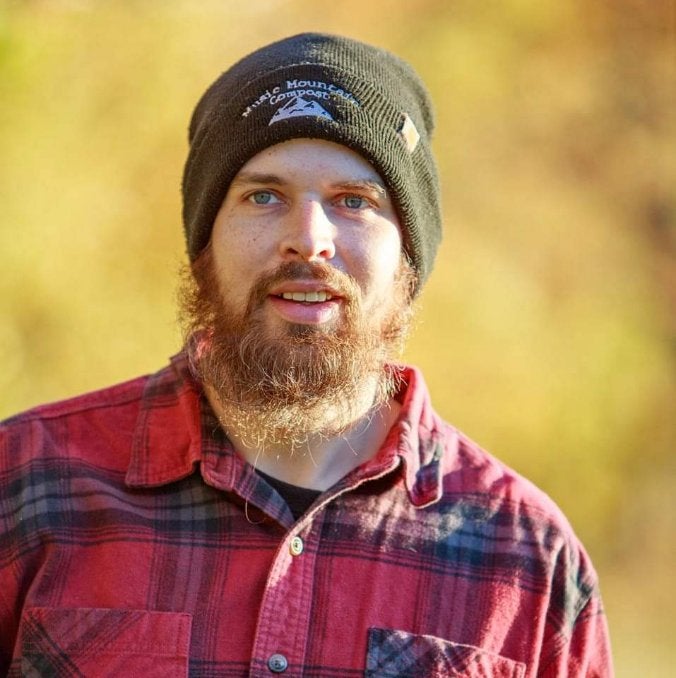Want to Start a Simple Business That Helps the Planet? After ‘One Night’s Worth of Research,’ He Started an Eco-Friendly Gig And Now Makes $200K a Year
Environmentally-conscious laws are picking up steam across the country. When one went into effect in Zach Cavacas’s home state, he saw a lucrative business opportunity. Chances are, a similar law is coming to your state, or is already there.
For many people, the dream is to make good money doing something that helps other people, and is good for the planet. Unfortunately, in the trenches of capitalism, opportunities like this are not always obvious.
But back in 2020, Zach Cavacas stumbled upon one such venture. And soon, thanks to a wave of legislation aimed at sustainability, many people across the U.S. will have a chance to follow in his footsteps.
Before 2020, Cavacas was working at a residential rehab facility in Vermont, managing technicians who work with patients detoxing and trying to get sober. In recovery himself, he was passionate about his work. But when the pandemic hit, the facility had to reduce capacity, and he was let go.
After three months at home, trying to figure out his next move, he heard that Vermont was about to pass a universal food scrap ban, which is effectively a composting mandate. This meant it would soon be illegal to dispose of food scraps in the regular garbage. The EPA estimates that food scraps make up the largest material in landfills — nearly a quarter of all solid waste. And without being composted, food scraps just sit in landfills and rot, releasing methane, a particularly potent greenhouse gas that traps heat in the atmosphere and hastens global warming.

In the past decade, a number of states have passed composting laws, including California, Connecticut, Maryland, Massachusetts, New Jersey, Rhode Island, Washington, and recently, New York. Composting legislature is picking up steam at the national level too. In March of this year, the U.S. Senate unanimously passed the Recycling and Composting Accountability Act, which aims to support composting infrastructure and explore the implementation of a national composting strategy.
Related: How to Harness the Power of Sustainability in Small Business to Drive Profits and Capital
In Vermont, Cavacas says that while some municipalities pick up food scraps, most expect residents to compost themselves, or find someone to do it for them. And that’s what got him thinking.
“Essentially I did like one night’s worth of research,” he says. “I went out and spent every dollar my wife and I had at the time to buy a trailer and a bunch of buckets. And then I just started throwing up Facebook ads on the garage sale pages.”
He named his company Music Mountain Compost, and within a week, he had a couple hundred customers. He gave each residential customer a five-gallon bucket and charged them $22 a month to pick up their food scraps every two weeks. He dumps their scraps into his trailer and cleans out their buckets. “I’ve gotten it down pretty good. I can clean a bucket in like 30 seconds,” he says. “That’s just an added perk of doing business with me. People don’t want to deal with all the gross liquids and stuff, so I eliminate that for them. I also pick up their yard waste for free, which is a win-win because I need that stuff for composting.”

In addition to residences, he also has commercial clients, like restaurants and schools. “They pay a bit more, like 25 per 45-gallon bin,” he says. “Most places only have like one or two bins picked up every week, but I have some school accounts where it’s like 20 bins a week, which adds up pretty quick.”
Every day, Cavacas drives a different route, hitting a mix of residential and commercial stops. Then he takes his load to a farm in Rochester, Vermont, where he composts the scraps on a gravel plot.
The process of composting involves mixing food waste with other carbon materials, like sawdust, wood chips, leaves and manure. “There’s a lot of water in food scraps, so essentially you want to get the water out,” Cavacas says. “The wood chips breaking down causes heat, and that’s how you get the food scraps to break down. But you gotta mix it all in really good. You can’t just sprinkle sawdust on top and leave it. You gotta keep rolling the pile. Every couple weeks, you put some more wood chips on top and then roll the pile. And you track the temperature the whole time, because you need it to be at least 130 degrees for 21 days to kill all the pathogens and get the bad stuff out of it.”
After the wood chips do their work, Cavacas is left with fresh, nutrient-rich soil. He gives some to the farmer whose land he composts on in exchange for letting him use the property. hen he sells the rest — mostly back to his customers, for $80 a yard, or $14 for a 50-pound bag.
“They get 10% off for being a customer,” he says. “But there’s such high demand for good soil that I barely have to advertise.”
These days, Cavacas has over 600 customers, and his side hustle is now a full-time job. He estimates that he works about 45 hours a week, and is on track to make $200,000 this year.
“This is like the most I’ve made in my life, like by far,” he says.
The way Cavacas sees it, by the time nearby states pass composting laws, he’ll be in a prime position to scale up. “I’m going to follow the trends with the food scrap laws. With the hype of a new law going in, it’s the perfect combination to get customers.”
For those interested in getting into the composting business, it’s worth looking into whether your state or city is passing such a law soon. As Cavacas notes, the early days of a food scrap ban is a great time to capitalize on residents’ attention and need for a solution.
But even if your state already has such a law, or doesn’t have one in the works, the composting trend is picking up momentum and more people are interested in ways to do their part. Check out your municipality’s composting policies, and if they don’t have the infrastructure, look into whether other businesses are meeting potential demand. If not, you could be the first to offer this sustainable service to your community.
For many people, the dream is to make good money doing something that helps other people, and is good for the planet. Unfortunately, in the trenches of capitalism, opportunities like this are not always obvious.
But back in 2020, Zach Cavacas stumbled upon one such venture. And soon, thanks to a wave of legislation aimed at sustainability, many people across the U.S. will have a chance to follow in his footsteps.






